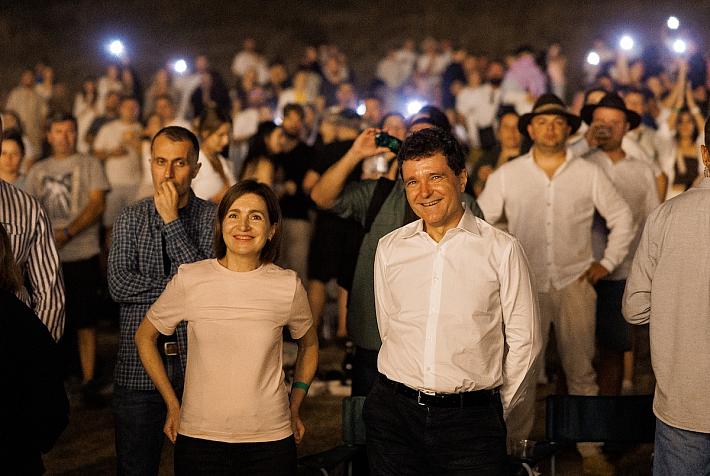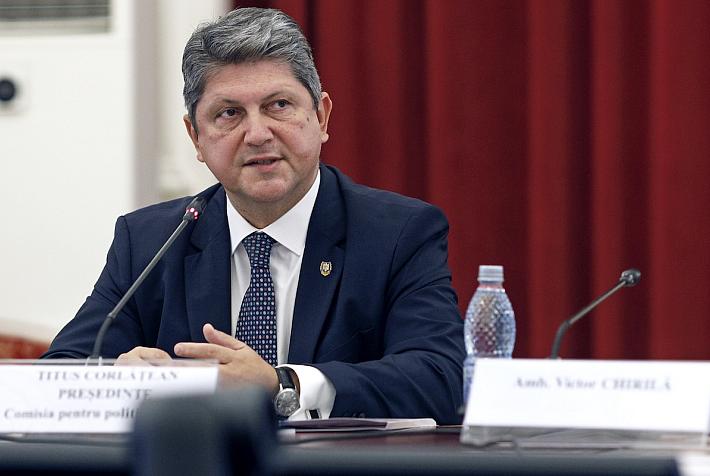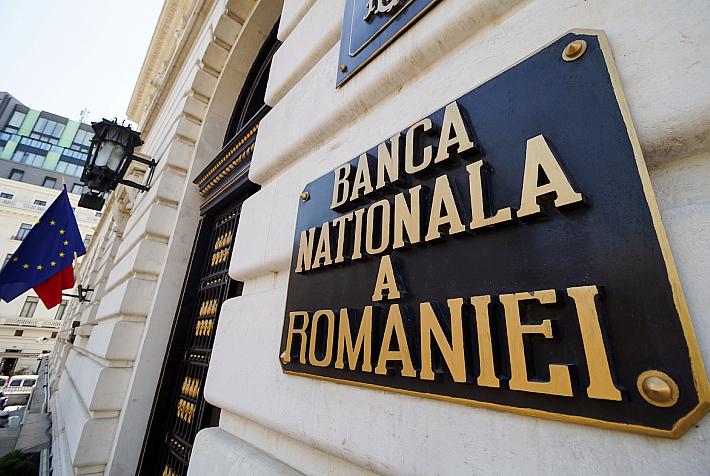Romanian government proposes new president for the Cultural Institute

Romania's governing coalition, the Social Liberal Union (USL), has proposed a new president for the country's Cultural Institute (ICR). The Chairman of the Senate Committee on Culture, Georgică Severin, said yesterday (June 24) that diplomat Lilian Zamfiroiu has been proposed to lead the ICR.
Zamfiroiu is currently Romania's representative for UNESCO, a position he has held for seven years. “[Lilian Zamfiroiu] is extremely familiar with what cultural diplomacy means, he is a person with extensive experience in the international cultural and diplomatic area, a man who has the ability to negotiate, discuss, who is able to provide a suitable atmosphere for such institutions,” Severin told local news agency Mediafax. Severin also said that the political arguments over the ICR will end and that the Institute can focus on promoting and sharing Romanian culture.
Lilian Zamfiroiu graduated the Faculty of Philology, University of Bucharest, in 1987. After four years of teaching, he became a special inspector in the Ministry of Education. In 1997, Zamfiroiu was transferred to the Ministry of Defense, Directorate of Public Relations. In 2001, he joined the Romanian Diplomatic and Consular Corps, achieving the diplomatic rank of Secretary 1 in the Central Ministry of Foreign Affairs.
In the fall of 2001, Zamfiroiu began to coordinate the MFA Diplomatic Archives Department. He is currently a diplomatic adviser of Romania's Ambassador to UNESCO's Permanent Delegation in Paris. In 2011, he launched the book Romanian-Italian diplomatic relations. 1918-1940, published by Triton.
Andrei Marga resigned a week ago as head of Romania’s Cultural Institute (ICR). He officially handed in his notice with the request that his resignation come into effect immediately, according to a press release sent by ICR. In the official release, Marga reminded of the attacks against him starting the first day he was appointed, as well as of the positive changes he has implemented at the ICR, such as organizing competitions to fill in positions, a new scholarship system, and liaising with the business world, as well as with the institutes in the country.
He also complained of being faced with three impediments, an ‘original’ legislation, which is not mirrored in any other European country, as well as the budget restrictions, and the bureaucracy of approvals. For example, the opening of ICR Nuremberg- Munich, which received the approval from the Bavarian Government in December 2012, and the approval of the German Foreign Minister in 10 days, is yet to get the green light from the Romanian authorities after seven months.
The resignation was officially registered by the Senate Culture Commission on June 17. Marga had been in job since September 2012 and in his resignation statement he complained that he has suffered continuous defamation since his appointment on September 11 last year. He described the attacks he has suffered as being characterized by a primitive understanding of politics.
Marga’s resignation comes after rumors in the press of his imminent resignation or dismissal and comments from Romania’s PM to the effect that all is not well at the ICR. The PM also called for an investigation into the ICR’s management and activities. However, Marga added that since his appointment the ICR “has changed for the better.”
Andrei Marga came to the helm of the ICR in the midst of 2012′s political crisis. The Senate had wrested the ICR from presidential auspices and brought it under Senate control and the previous head of the institution had resigned in protest over political interference and budget cuts. Romanian writer Horia Roman Patapievici and the rest of the leadership of the Romanian Cultural Institute (ICR) resigned at the beginning of August 2012 in response to the announcement of severe budget cuts for the institution.
After Patapievici’s resignation, Marga was nominated by the National Liberal Party (PNL), member of the Social Liberal Union (USL). At the time, the opposition, the Democratic Liberal Party members (PDL) were against the vote, as it meant voting in the dark, without talking to the candidate.
Marga previously served as External Affairs Minister and is also a philosopher, political scientist, and politician, and former rector of the Babeş-Bolyai University in Cluj – Napoca.
editor@romania-insider.com











